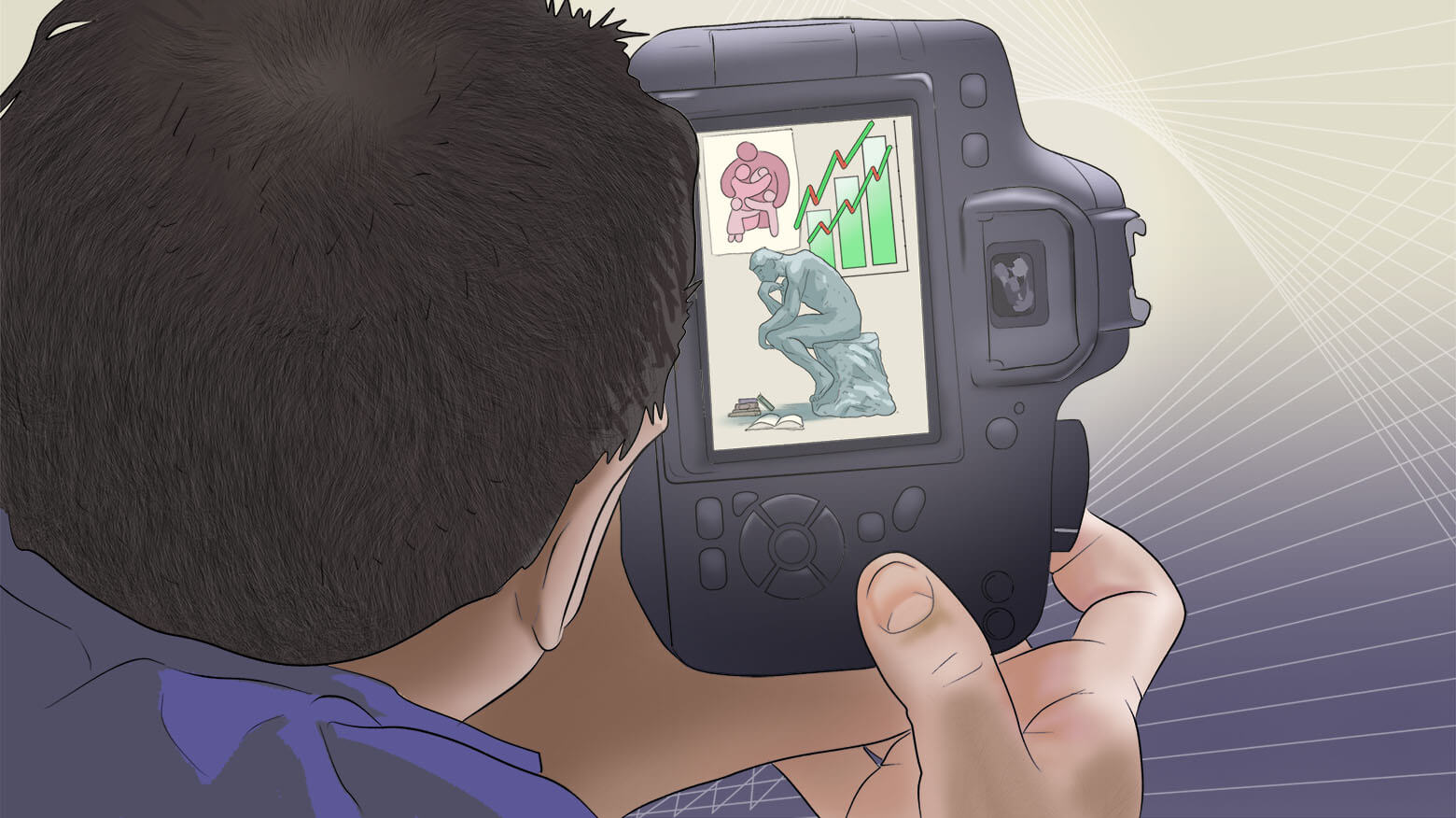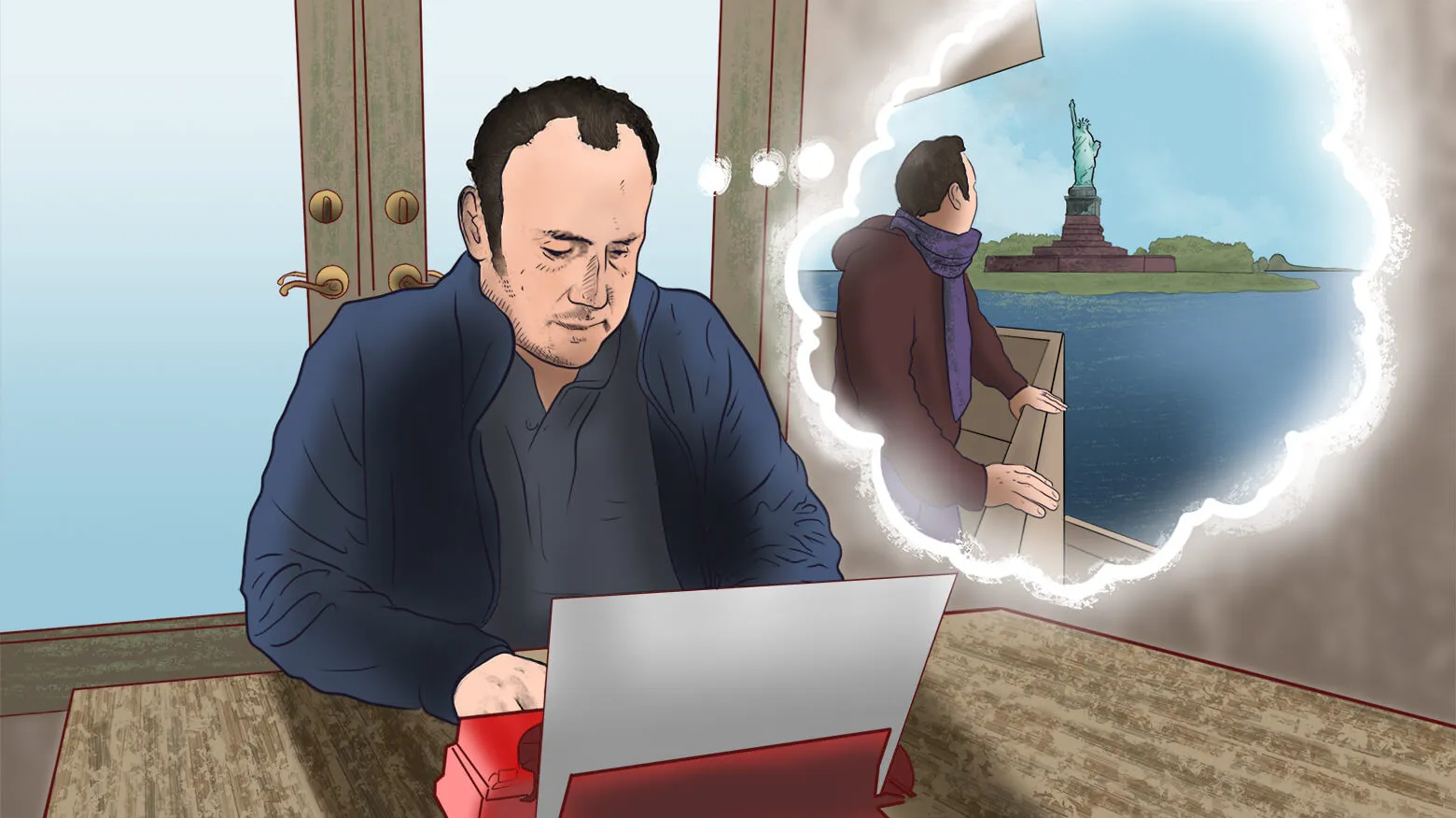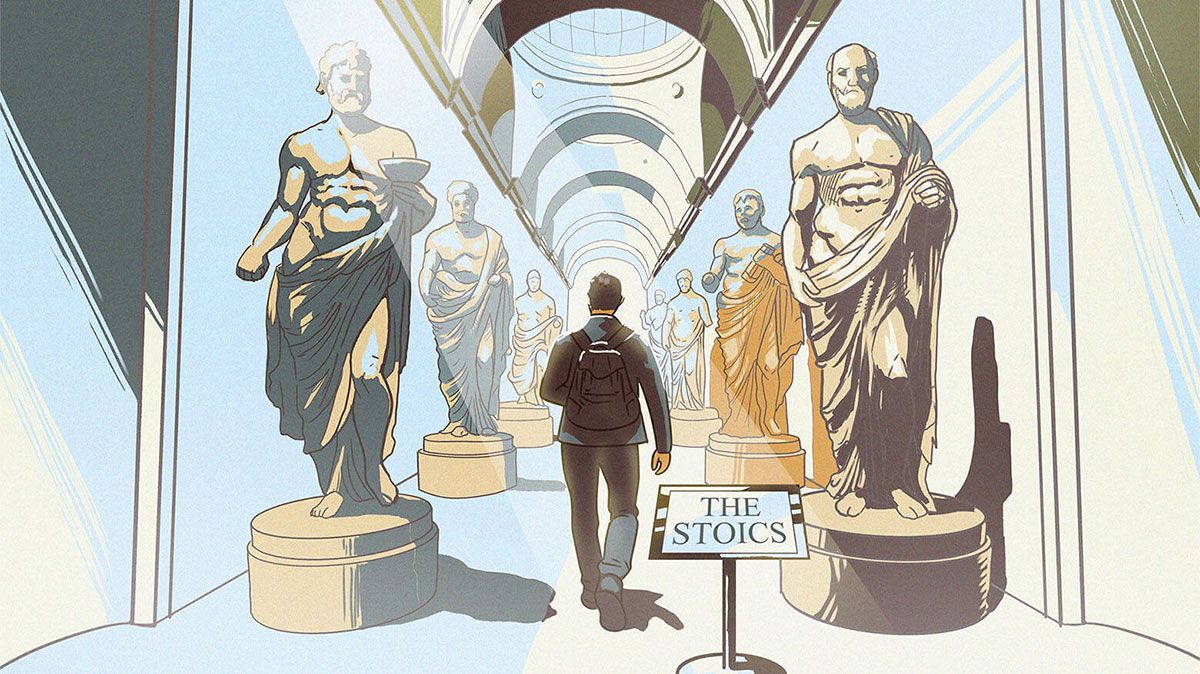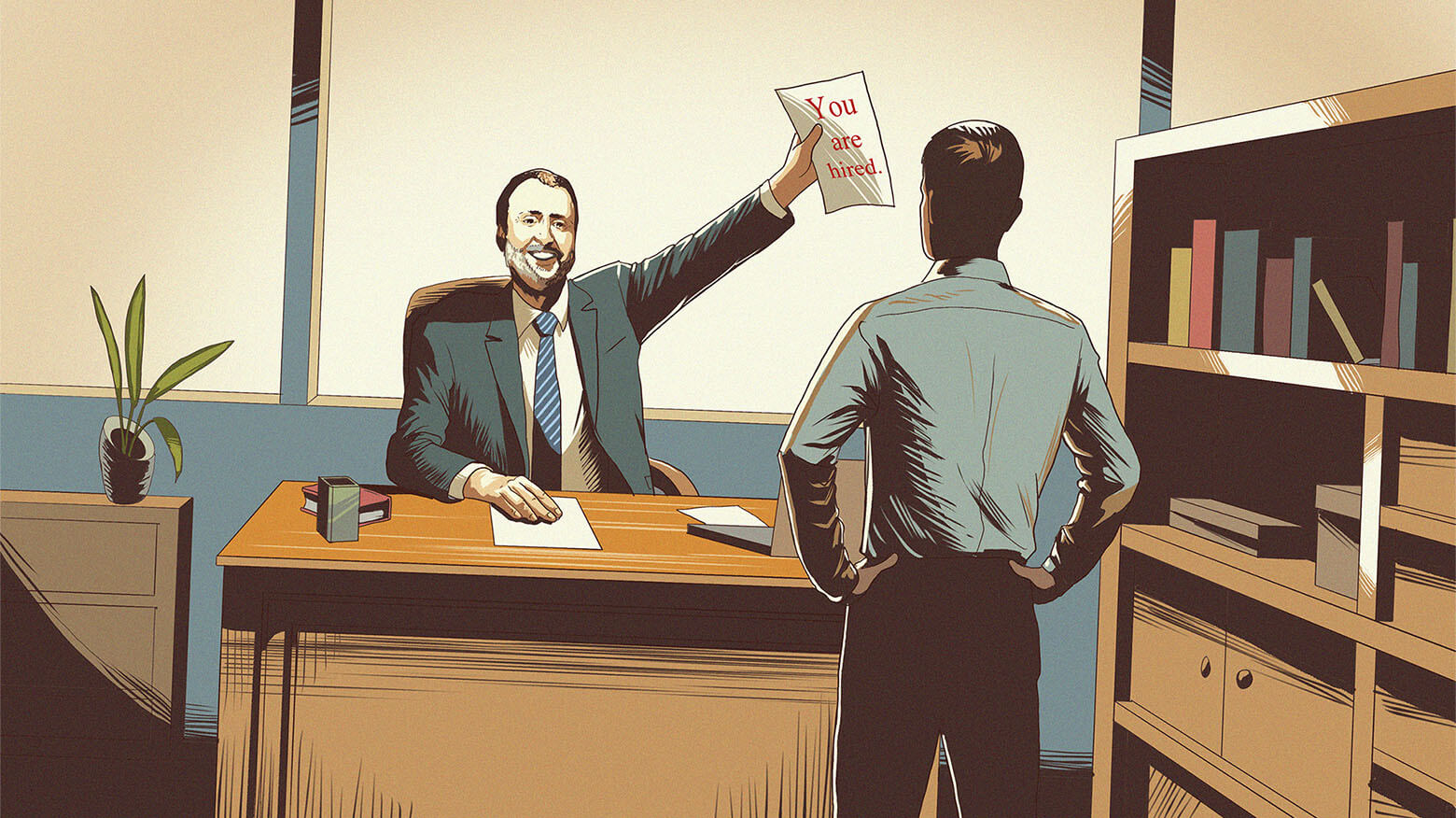Today I want to share with you a video of an interview:
The interview took place in April 2023 at Temple Sinai here in Denver. The focus of the discussion was on my book Soul in the Game: The Art of a Meaningful Life. The living characters of the book are from my family, so having them in the audience was a bit surreal.
The highlight of the interview came at the very end when my nine-year-old daughter, Mia Sarah, heckled me. You have to watch it, but she said, “When you say that you are being present while driving us (her and Hannah) to school, it is a total lie.” Yes, bringing people you are writing about into the audience has its own risks.
There is a postscript to this story: The reason Mia Sarah felt that I was not fully present when I was in the car with her is because for the last year, Hannah had a learner’s permit and was actually driving us to school. I sat in the passenger seat up front and Mia Sarah sat in the back. As I look at the situation, I was not fully present, at least from Mia Sarah’s perspective. I was trying to ensure that we didn’t die from Hannah’s driving – my focus was on the road and Hannah.
After the presentation, I made a course correction. By that time, Hannah had significantly improved as a driver. I sat in the back, right next to Mia Sarah. Our trip to school became like an Uber ride. In fact, Mia Sarah and I would jokingly rate Hannah after every ride. Mia Sarah would deduct points if Hannah did not open her door or offer her a bottled water. We would have a good laugh about it. If you now ask Mia Sarah if I am fully present, there is a chance she may say “yes.”
This interview is very special to me for two reasons. First of all, my whole family was there; and second, I was interviewed by an incredible person, my friend Rabbi Ray Zwerin.
There are rabbis, and then there is Rabbi Zwerin. I respect him immensely, and not only for his accomplishments, which are many:
He founded one of the most successful synagogues in Denver, Temple Sinai, which has been a significant net positive in the lives of thousands. (My wife Rachel and I were married there by him.) He also founded the Denver Jewish Day School, which all of my children have attended (my daughters are still enrolled there). He was the driving force behind the creation of a Babi Yar memorial in Denver to honor the memory of the tens of thousands of Jews killed by Nazis in Kyiv. He also established an organization that advocated for the immigration of Jews from the Soviet Union. In addition to all of these accomplishments, he founded and ran a successful publishing company.
All his great accomplishments aside, I respect him because, like my father, Rabbi Zwerin is a person who immediately comes to mind when I think of someone who is a lifelong learner – a student of life. After retiring from Temple Sinai, he has continued to learn and create. He has written two novels, edited his sermons into a book, and continues to write essays.
He is constantly in awe of the world, and even at the age of 87, he approaches learning with the same enthusiasm as a 17-year-old. I receive emails from him a few times a week, where he shares things he finds fascinating, like Akshardham (a Hindu temple in New Delhi) or some discovery in science, etc.
I feel like I need to preface what I am about to say with this – I am agnostic. In the Soviet Union, all religions were banned, as they competed with Soviet propaganda for mental real estate. Rabbi and I go for a walk a few times a month, but during these walks, which often last over three hours, we have plenty to discuss, and religion rarely comes up.
I have read his book 40 Years of Wondering. It is a compilation of his 100 best sermons, delivered on high holy days at Temple Sinai from 1967 to 2004. There is an incredible amount of wisdom in it. Again, this is coming from a person whom you’ll only find in the religion section of Barnes & Noble because one of his books was misplaced there. (You have to watch the interview to get the joke.)
Also, as a part-time writer, I was in awe over how great Rabbi’s writing is. He is clear, thoughtful, and witty. What also sets this book apart is that it sends you on a fantastic journey down history’s memory lane. Many sermons were given more than half a century ago (their wisdom is evergreen); and when Rabbi gave them, he related them to the current events of the time (the Moon landing, the Kennedy assassination, etc.).
This book does not attempt to persuade you to convert to Judaism (otherwise, I would not have read it). Instead, it aims to bring enlightenment to your life. The source of wisdom is not solely religious texts. As you will see, it is common for Rabbis to draw lessons from science, history, and philosophy, as well as other religions.
In fact, when I was reading this book and thinking about Rabbis and other religious people, I observed that religion can either broaden or narrow one’s aperture of how you look at life. I have a deeply religious acquaintance who says that “All wisdom is in the bible,” and as a result he has closed himself off from the world around him – art, philosophy, science, wisdom from other religions; he has no use for any of it. Rabbi and this book are examples of what a wide aperture looks like.
Here are a few excerpts:
How many of us sacrifice time and health, pushing and pulling, even sacrificing our own integrity and sense of values and ideals in order to achieve success? Once there, we often find an emptiness because in the reaching, the scratching and clawing to achieve our form of world conquest those ideals have changed and so have we.
And
One who does not stand for something will not survive the challenge to his or her personal integrity. And one who does not fully understand what it is they stand for is of little worth to themselves, and is indeed a detriment to family and community. But one whose commitment is rooted in knowledge and matched with patience and persistence can withstand the challenges of any time and any place.
Rabbi even brings wisdom from the movie Zorba the Greek, with Anthony Quinn, to his sermon:
Zorba summarizes his philosophy in a sentence or two. “Life is what you have while you’re waiting to die.” Zorba adds, “The only death you die is the death you die each day by not living.” Do not wait to live. Take life as the blessing it is, and in the enjoyment thereof, defeat death.
Interestingly, I don’t always agree with what Rabbi wrote. I am not sure he agrees with everything he thought decades ago. Changing your mind is a sign of growth. But this book contains an abundance of wisdom, and it certainly made me think.
One the last thing. I encouraged Rabbi to start a Substack. This way you can read and listen to his essays and excerpts from 40 Years of Wondering online. You can subscribe and read his Substack for free, here. Also, you can buy his book on Amazon.










0 comments